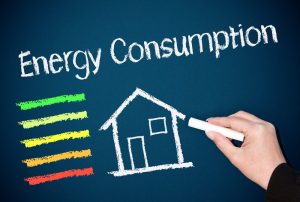 One of the biggest challenges the global community faces in the coming decades is how to solve the fundamental problem of energy consumption. As expert Dev Randhawa puts it, the baseload demand will grow exponentially:
One of the biggest challenges the global community faces in the coming decades is how to solve the fundamental problem of energy consumption. As expert Dev Randhawa puts it, the baseload demand will grow exponentially:
“You’ve got countries like Saudi Arabia and [the] Middle East that are building reactors, because they’ve realized that it’s not only clean energy, it’s baseload. We all [go home] and turn on our appliances at the same time, and there’s a big demand right away…”
That demand can’t be met by fossil fuels, especially as the climate changes. Randhawa points out the great freeze Canada experienced recently. The strain on the power grid causes black or brownouts that can make life quite difficult for developing nations especially. He further suggested that nations that don’t want nuclear within their borders have the option of leasing or acquiring power from neighboring countries at a premium. The end result is more efficient power generation, no matter which country actually hosts the reactor.
Hybrid Energy Strategy
The future of energy isn’t overly reliant on any one power source, but instead will combine multiple sources of power to create a more efficient power grid able to respond to peak usage. Better storage capacity for alternative energy does help to make wind and solar viable, but not as the sole provider of energy.
Another advantage to nuclear is that it’s cost effective. Recent studies have shown power plants can survive for up to 75 years, and replacing components such as steam generators can help improve that lifespan.